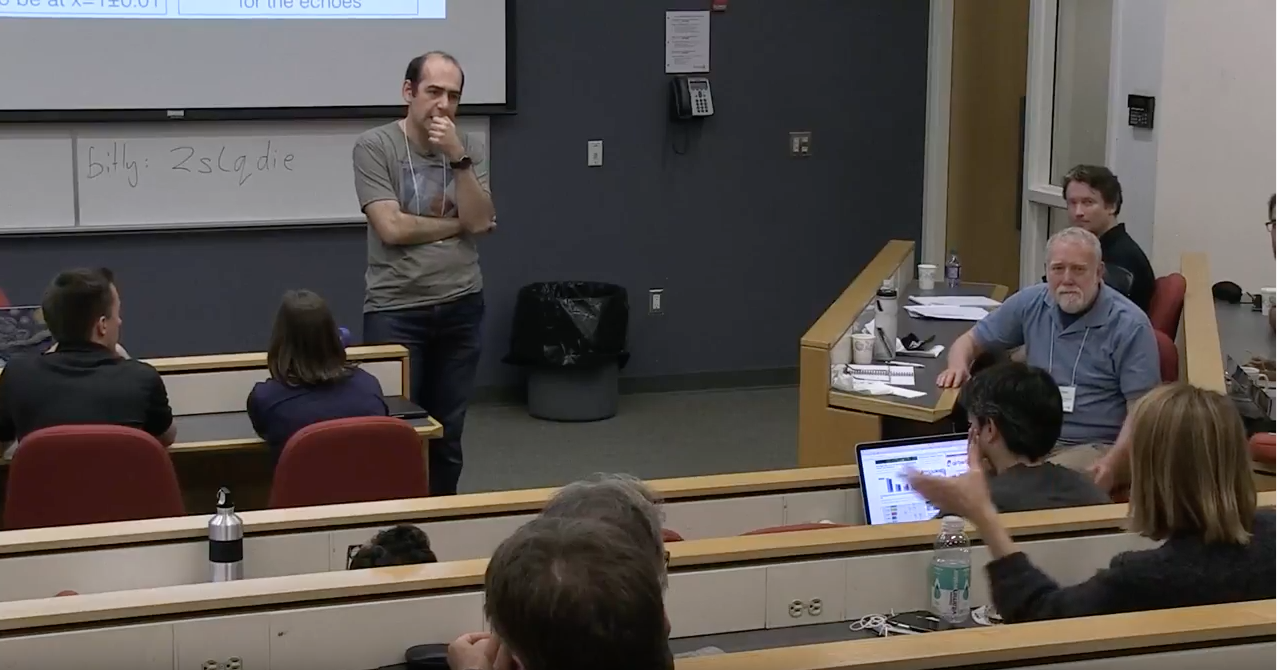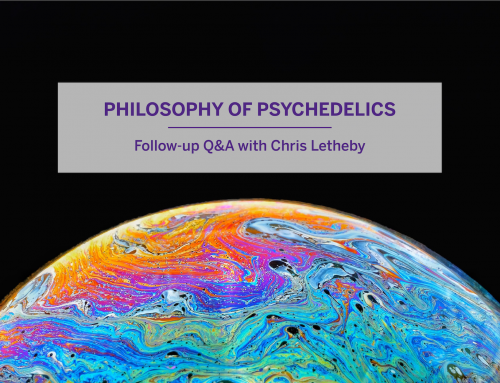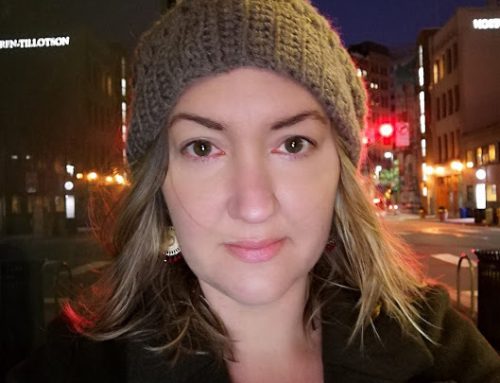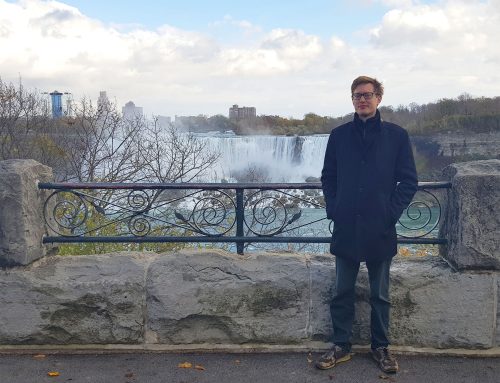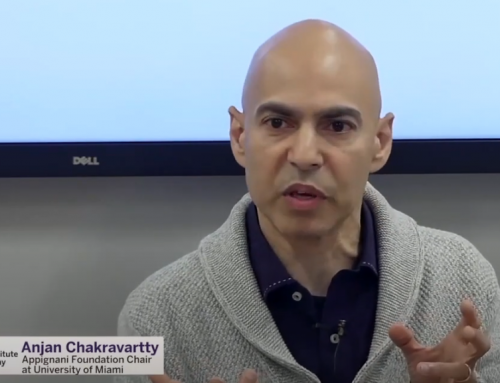Remaining videos from the 2017 Annual Rotman Conference, Cosmology and the Future of Spacetime, have been published. The complete conference playlist can be found on our YouTube channel. Videos of all Rotman Institute of Philosophy events can be viewed on our YouTube channel–subscribe to be notified whenever new videos are added.
Tessa Baker (University of Oxford), “Agnostic Tests of Gravity”
I’ll introduce the plethora of alternative gravity theories currently under discussion by cosmologists, using Lovelock’s theorem as a useful way to classify them. This proliferation of theories motivates us to develop model-independent, agnostic tools for testing this theory space with cosmological data. I’ll introduce the effective field theory for cosmological perturbations, a framework designed to unify modified gravity theories in terms of a manageable set of parameters. Having outlined the formalism, I’ll talk about the constraints we expect to obtain on this parameterisation with the next generation of large galaxy clustering, weak lensing and intensity mapping experiments.
Karen Crowther (University of Geneva), “Emergence, Reduction, and Correspondence in the Context of Quantum Gravity”
An acceptable theory of quantum gravity (QG) must recover general relativity (GR) in the regimes where GR is known to be successful. What this recovery amounts to, however, is an open question, and concerns the inter-theory relations of correspondence, reduction, and emergence. Depending on the form of the theory, these relations may also play a role in connecting QG to the framework of quantum field theory, and to particular quantum field theories. In this talk, I explore these three inter-theory relations both in general, and from the tentative perspectives of particular approaches to QG. I argue that it is important to clearly articulate and distinguish these relations, since they are each useful in different ways for understanding QG and current physics—perhaps most significantly, they are expected to play a non-trivial role in defining what would count as a successful theory of QG.
Nick Huggett (University of Illinois at Chicago), “Cosmological Aspects of Quantum Gravity”
Theories of quantum gravity can put pressure on classical notions of spacetime, and perhaps even dissolve it altogether. Not only does this circumstance require one to ‘derive’ spacetime as a higher level object, but (as Oriti has emphasized) perhaps opens the possibility that there was a transition from an entirely non-spatiotemporal phase in the early universe, replacing the big bang singularity. In this talk I will discuss some big bang scenarios in quantum gravity, and ask whether they fit this picture: and to the extent that they do, I will point out some of the philosophical issues that they raise.
Niayesh Afshordi (Perimeter Institute for Theoretical Physics), “Reflections on Spacetime”
I outline why I think convergence of empirical evidence and theoretical insights from particle physics, astrophysics, and cosmology point to a concrete and more fundamental paradigm for spacetime.
Lee Smolin (Perimeter Institute), “Galaxy rotation curves: missing matter, or missing physics?”

